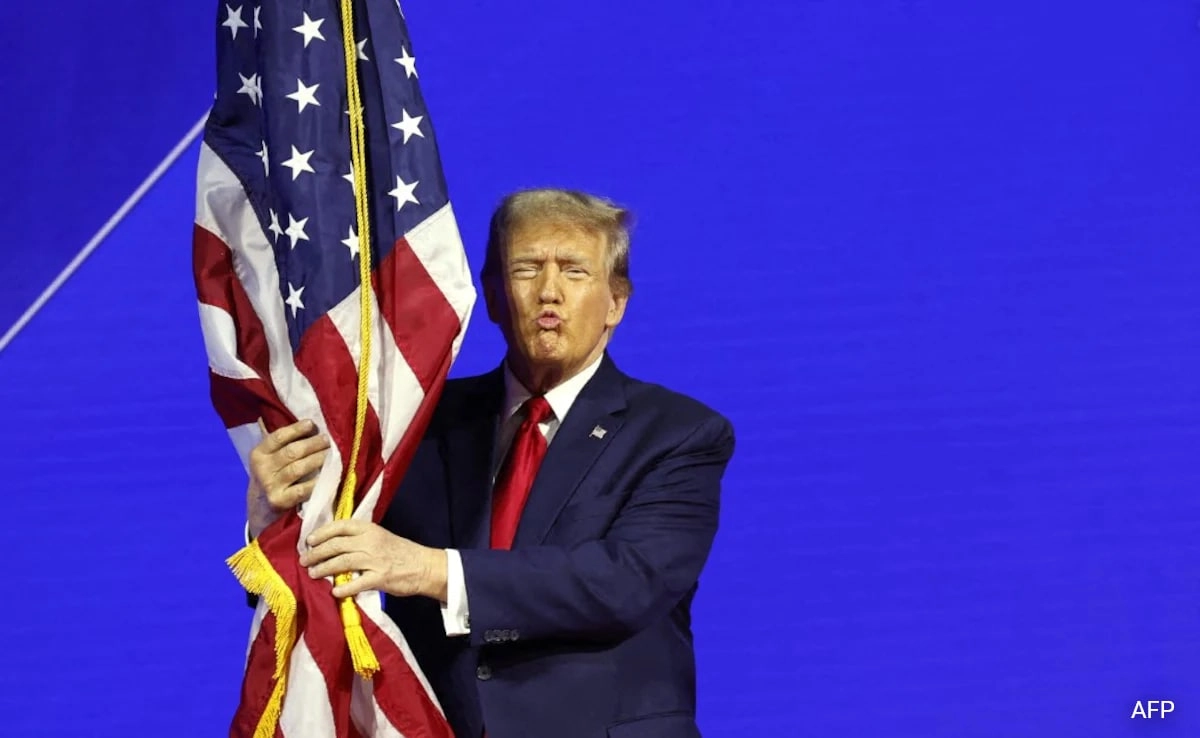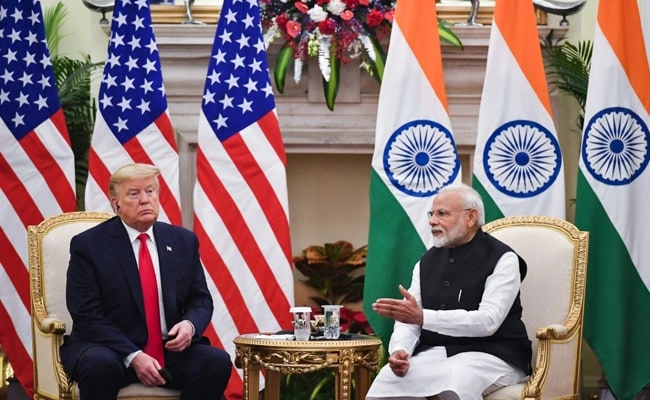In a recent statement, the Chinese envoy to India addressed the ongoing tensions surrounding trade policies, particularly focusing on the tariffs imposed by former President Donald Trump. The envoy emphasized that silence in the face of such aggressive actions only serves to embolden bullies. This assertion highlights the need for nations to stand firm against unilateral measures that disrupt global trade dynamics. The tariffs introduced by the Trump administration were seen as a significant escalation in the trade war between the United States and China, leading to a ripple effect on economies worldwide, including India.
The envoy’s remarks underline a broader concern regarding international relations and the importance of collective resistance against economic coercion. By characterizing tariffs as a form of bullying, the statement calls attention to the potential consequences of allowing such practices to go unchallenged. It suggests that when countries remain passive or silent, they inadvertently send a message of tolerance toward aggressive economic strategies, which could ultimately undermine the principles of fair trade and cooperation among nations.
Furthermore, the Chinese envoy’s comments resonate with the sentiment shared by many in the global community who advocate for a more equitable trading system. The idea is that countries should collaborate to address grievances rather than resorting to punitive measures that can escalate tensions and lead to broader conflicts. As nations navigate the complexities of international trade, the call for a unified approach against economic bullying becomes increasingly relevant. In this context, the envoy’s message serves as a reminder of the importance of dialogue and diplomacy in resolving trade disputes, rather than allowing fear of retaliation to dictate responses.
Overall, the Chinese envoy’s statement reflects a growing frustration with the status quo in international trade relations, urging countries to adopt a more assertive stance against practices perceived as unfair. The call for action against economic bullying not only seeks to protect national interests but also aims to foster a more balanced and just global trade environment. As the world grapples with the aftermath of tariffs and trade wars, the emphasis on solidarity and proactive engagement remains vital for ensuring a fairer and more stable economic landscape.




